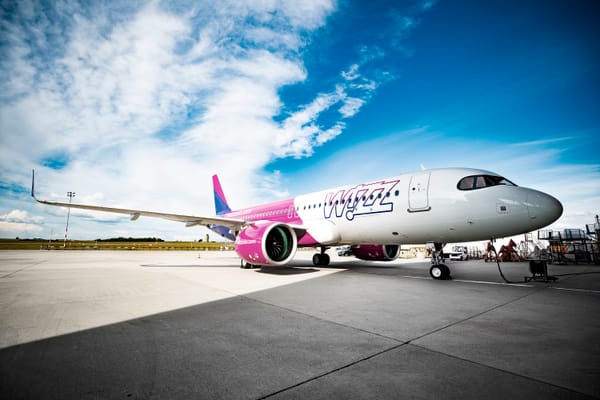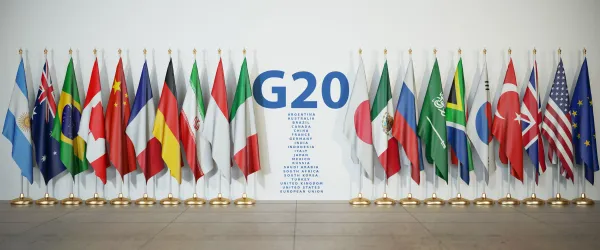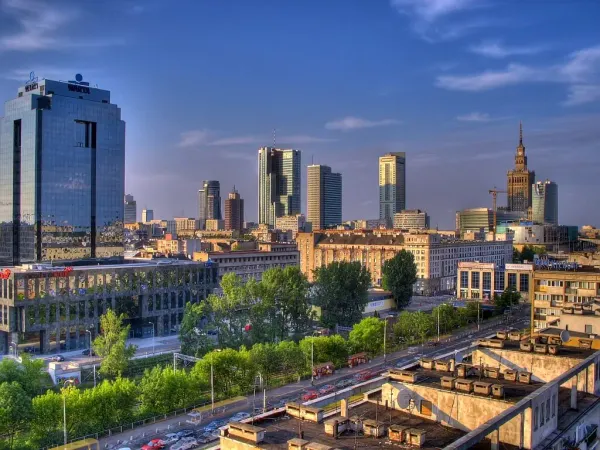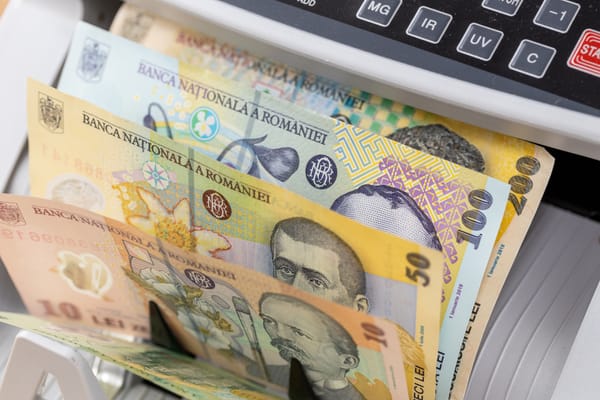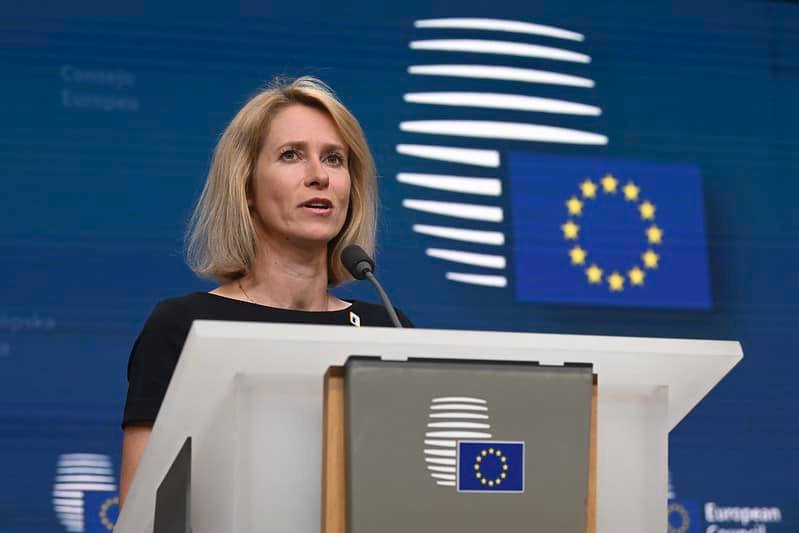
Kallas set to be CEE's first EU foreign policy chief
Estonian Prime Minister Kaja Kallas was nominated on Friday, 28 June as the EU’s foreign policy chief (High Representative of the Union for Foreign Affairs and Security Policy), subject to agreement from the European Commission (EC) president.
Kallas will succeed Spain’s Josep Borrell and become the first politician from Central and Eastern Europe (CEE) to hold the position. If confirmed by the European Parliament (EP), she will also become vice-president of the EC.
EU leaders decided on three appointments at the European Council meeting including electing Antonio Costa as the European Council president. Costa served as prime minister of Portugal from 2015-24. Last November he resigned following an investigation involving members of his government in connection with alleged corruption and malfeasance in handling lithium mining and hydrogen projects in the country.
The Council also proposed EC President Ursula von der Leyen to serve a second five-year term, pending EP approval. Von der Leyen wrote “touchdown for Antonio Costa in Brussels and first touch base together with Kaja Kallas! I know that the three of us can make such a great team. I look forward to seeking confirmation from the EP.”
Agenda focuses on defence, migration, economy
The Council also adopted on Friday a strategic agenda for 2024-29 based on three pillars for Europe: freedom and democracy, strength and security, and prosperity and competitiveness, “to address current geopolitical challenges and shape its future policy direction”.
The EC wrote in a statement that “EU leaders have agreed on appointments and nominations for the EU’s top jobs and adopted the strategic agenda for 2024-2029, a policy plan that steers the EU’s future direction and goals.”
It has also adopted conclusions on Ukraine, the Middle East, security and defence, competitiveness, migration, the Black Sea, Moldova, Georgia, hybrid threats, fighting racism, and an internal reforms roadmap.
Borrell said the meeting was “especially important because we are going to sign with (Ukraine) president Zelenskiy the security commitments with EU”, adding that Europe has to make up for lost time on defence, and “it’s not going to be easy”.
Foreign policy will back Ukraine
On Ukraine, the EU strongly condemns Russia’s hostilities, and is committed to military, financial, and humanitarian aid, as well as plans to use frozen Russian assets for Ukraine’s benefit. The bloc will also support security and stability in the Black Sea region, Moldova, and Georgia, and officially condemns hybrid threats, including disinformation and cyber activities.
The EU will also focus on enhancing EU defence capabilities and implementing the European Defence Industry Programme by mid-2025. The bloc will also pursue a policy of humanitarian aid for Gaza, condemnation of settler violence, and a two-state solution between Israel and Palestine. Strategic discussion on migration policies, and a reaffirmation of the EU’s commitment to combating all forms of hate and intolerance.
Kallas wrote “my appointment as a candidate for the High Foreign Representative of the European Union is a great trust and honour for me and for the country of Estonia. This is a huge responsibility at the current moment of geopolitical tensions. The EU’s foreign policy has strengthened significantly in Ukraine since the start of the full-scale war. There is war in Europe and this is the most important challenge of the EU’s foreign policy.
“Growing instability both globally and beyond the EU borders also demands our attention. Europe should be a place where people are free, safe and prosperous. My work has been and will continue to be guided by these goals,” Kallas added.
EU prioritises competition
EU leaders also adopted a roadmap for future EU reforms for long-term competitiveness, strategic sovereignty, and governance improvements. The EU will launch initiatives to enhance the single market and economic resilience, especially mobilising private investments.
Polish Prime Minister Donald Tusk said “I am satisfied that together with other European leaders we selected the right people for the job. My priority was to show that Europe is stable and predictable. Ursula von der Leyen will ensure that.
“Kaja Kallas understands the risks coming from Russia and Belarus. She understands Polish sensitivities. I am also looking forward to welcoming back my experienced colleague Prime Minister Costa at the helm of the European Council table. Now, we can move on to implementing the programme and strengthen Europe’s defence capability,” Tusk added.


